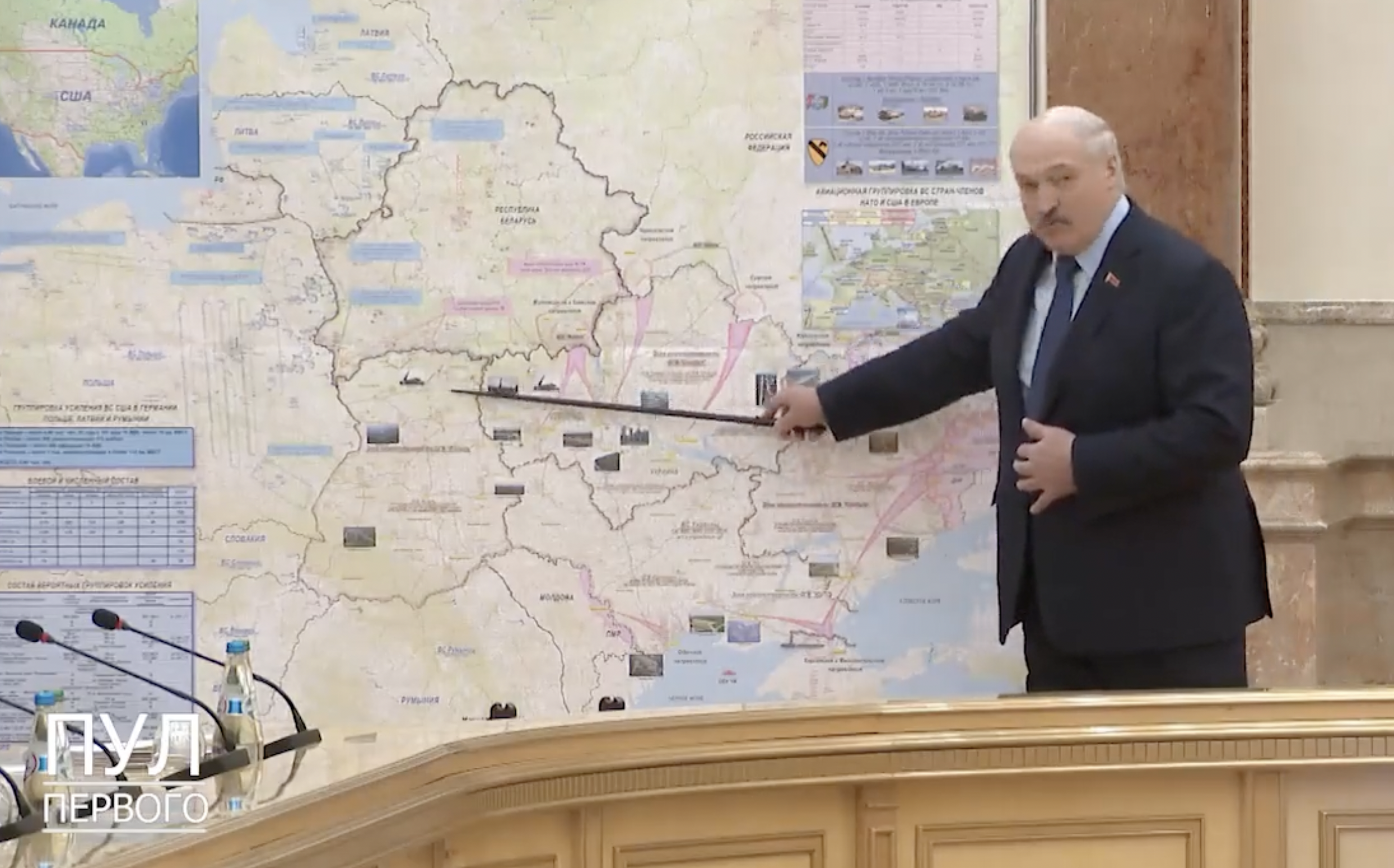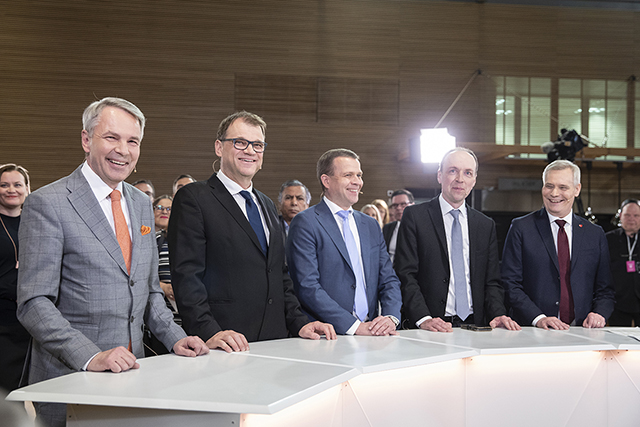First lessons of the operation in Libya. The winners, the losers
(BRUSSELS2) The military operation and the aftermath of the conflict in Libya can be observed from different points of view. If predicting the future on the current evolution in Libya may seem risky - between democratic miracle and extremism - we can never say enough how much the outcome of the Libyan conflict has an interest for the future. On the Middle East side, it constitutes a key element of what must be called a remodeling of the Near and Middle East. The next could be Syria, while waiting for Iran? It can constitute a guarantee so that the Tunisian evolutions on the one hand, Egyptian on the other can continue without risk a "rear" destabilization. On the south side, we can hope that the government of the new Libya will engage in the fight against terrorism in the Sahelian zone. Its traditional weight in the African Union – Libya is one of the founding states – could allow the French (and British) to have an additional point of support. If we turn to Europe: Libya has undeniable resources, is a land of welcome for European labor targeted as an ultimate "wall" to immigration from black Africa. In short, wherever you turn, Libya is proving to be a hub.
We can then have fun painting a portrait of the winners and losers of the conflict. This portrait is often summary, simplistic. It will have to be nuanced and reviewed regularly because reversals are always to be expected, in the more or less long term. But it has the advantage of setting trends.
The winners...
France returns to Africa. For France, there is an undeniable return to grace on the African continent, operations in Côte d'Ivoire and Libya helping. France is no longer quite the friendly and severe uncle of the post-colonial era. but it remains a solid ally in military matters (or an adversary, it depends). In short, a "constable". Sarkozy's bet was risky. It was successful. It could make it possible to regain part of the ground lost for several years, since a period which can be dated from 1994, to the Rwandan genocide.
The Franco-British couple held. He remained united in action. The operation in Libya is the practical demonstration of the political and military agreement between Paris and London. It demonstrates better than any exercise in beet fields that the two armies can act, if not together, at least in concert or side by side.
European armies have proven their ability. They can intervene in a limited conflict, on their doorstep, over a period of more than a few days. It is a success, at the cost of some technical prowess, despite the budget cuts with which they are confronted. But he could not hide the serious shortcomings already noted in the past: tankers, means of information, satellites - lent by the Americans. Without this discreet but useful competition, the Europeans would have been condemned to make circles in the water. In the reduction of the format and the budget of the armies, in progress, a reorientation of the available funds will have to intervene to fill these "holes". And urgently.
L'useful fighter aircraft (and the Rafale). The operation in Libya is an indisputable demonstration of its usefulness for fighter aircraft, just as the anti-piracy operation is an essential guarantee for the usefulness of the navy. In the same way, the attack helicopters have done well. For Dassault, and its Rafale, it is also the first full-scale test that it lacked in order to be able to prove its effectiveness. This will not be enough to compensate for its serious handicap in terms of marketing. But this allows it to be revived.
A victory for NATO. The Atlantic Alliance has demonstrated that despite a notable division within it, it was capable of carrying out a military operation in the Mediterranean zone with success. It is the revenge on Iraq - where it had been ruled out - and on Afghanistan - where the stalemate is notable. Despite the fact that the operation was sometimes NATO only in name - the autonomy of certain countries being notable - and internal red tape, it enabled other countries - such as Belgium, Norway, Denmark ... - to join the avant-garde group formed by the French, British, Canadians and Americans. It thus reconnects with the success of Kosovo.
Qatar. It now appears as one of the solid countries of the Alliance. The Emir of Qatar was the only one present at the press conference on New Libya, alongside David Cameron or Ban Ki Moon. He had the honors of a working session in particular with Nicolas Sarkozy and Alain Juppé.
Losers...
L'European Union. All is not black. Admittedly, the European Union has managed relations with Libya from a technical point of view. And the diplomatic system has, all in all, worked well. The mechanism of sanctions was put in place quickly and without firing a shot. But she missed one impetuous policy, an ambition, a will to overcome ambiguities. The failure of Eufor Libya, a stillborn operation, will go down in history.
L'Germany. More than its position (of neutrality), it is for its confused position that Germany appears weakened. Not content with abstaining, it withdrew its ships from the entire Mediterranean theatre, dragging its feet to recognize the CNT, while claiming to support NATO. In short, incomprehensible.

